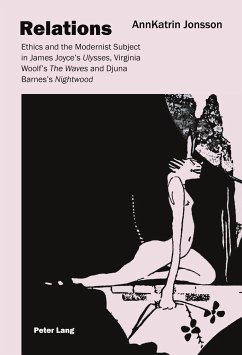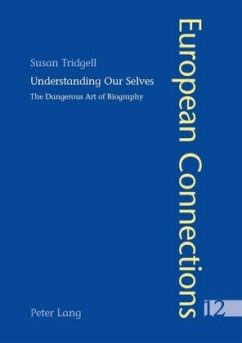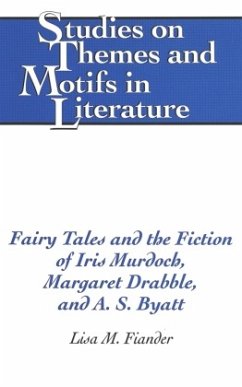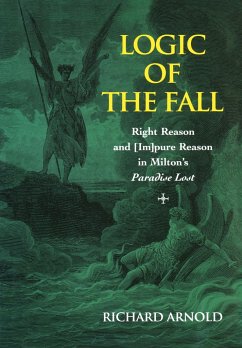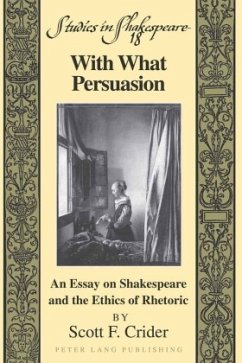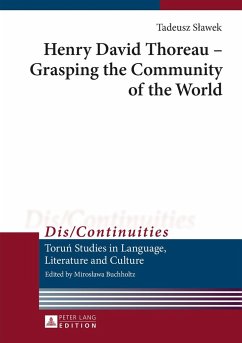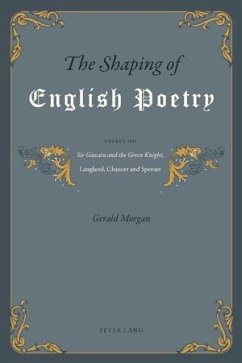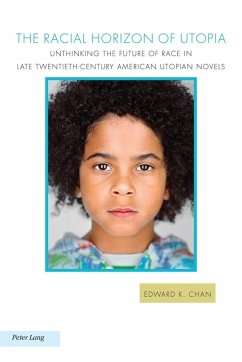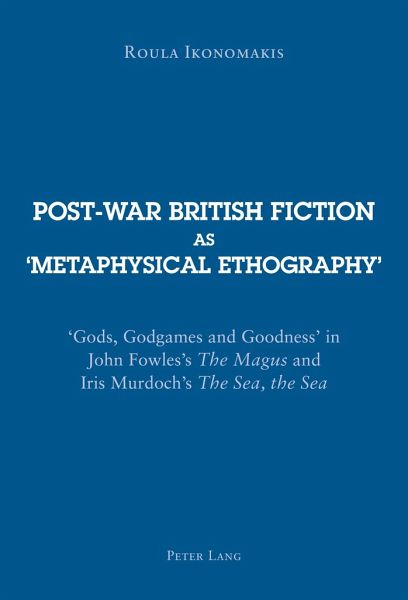
Post-war British Fiction as 'Metaphysical Ethography'
'Gods, Godgames and Goodness' in John Fowles's "The Magus and Iris Murdoch's "The Sea, the Sea
Versandkostenfrei!
Versandfertig in 6-10 Tagen
66,95 €
inkl. MwSt.

PAYBACK Punkte
0 °P sammeln!
The Second World War marked an ethical turn in British fiction. The author of this study demonstrates this by closely examining John Fowles's and Iris Murdoch's works as post-war meta-textual magical-realist novels interested in ethics and the nature of contemporary reality. These ethical novels transcend mere morality to explore the essence of the Good. Through paradigms of human experience, they direct our attention towards the Other and impart moral principles based on acts of Goodness.The author assesses the moral intimations in Fowles's The Magus and Murdoch's The Sea, the Sea in the cont...
The Second World War marked an ethical turn in British fiction. The author of this study demonstrates this by closely examining John Fowles's and Iris Murdoch's works as post-war meta-textual magical-realist novels interested in ethics and the nature of contemporary reality. These ethical novels transcend mere morality to explore the essence of the Good. Through paradigms of human experience, they direct our attention towards the Other and impart moral principles based on acts of Goodness.
The author assesses the moral intimations in Fowles's The Magus and Murdoch's The Sea, the Sea in the context of their philosophical writings, mainly The Aristos and Metaphysics as a Guide to Morals respectively. She shows that Fowles and Murdoch endeavour to instruct the reader morally through the accessible language of fiction.
The author assesses the moral intimations in Fowles's The Magus and Murdoch's The Sea, the Sea in the context of their philosophical writings, mainly The Aristos and Metaphysics as a Guide to Morals respectively. She shows that Fowles and Murdoch endeavour to instruct the reader morally through the accessible language of fiction.





